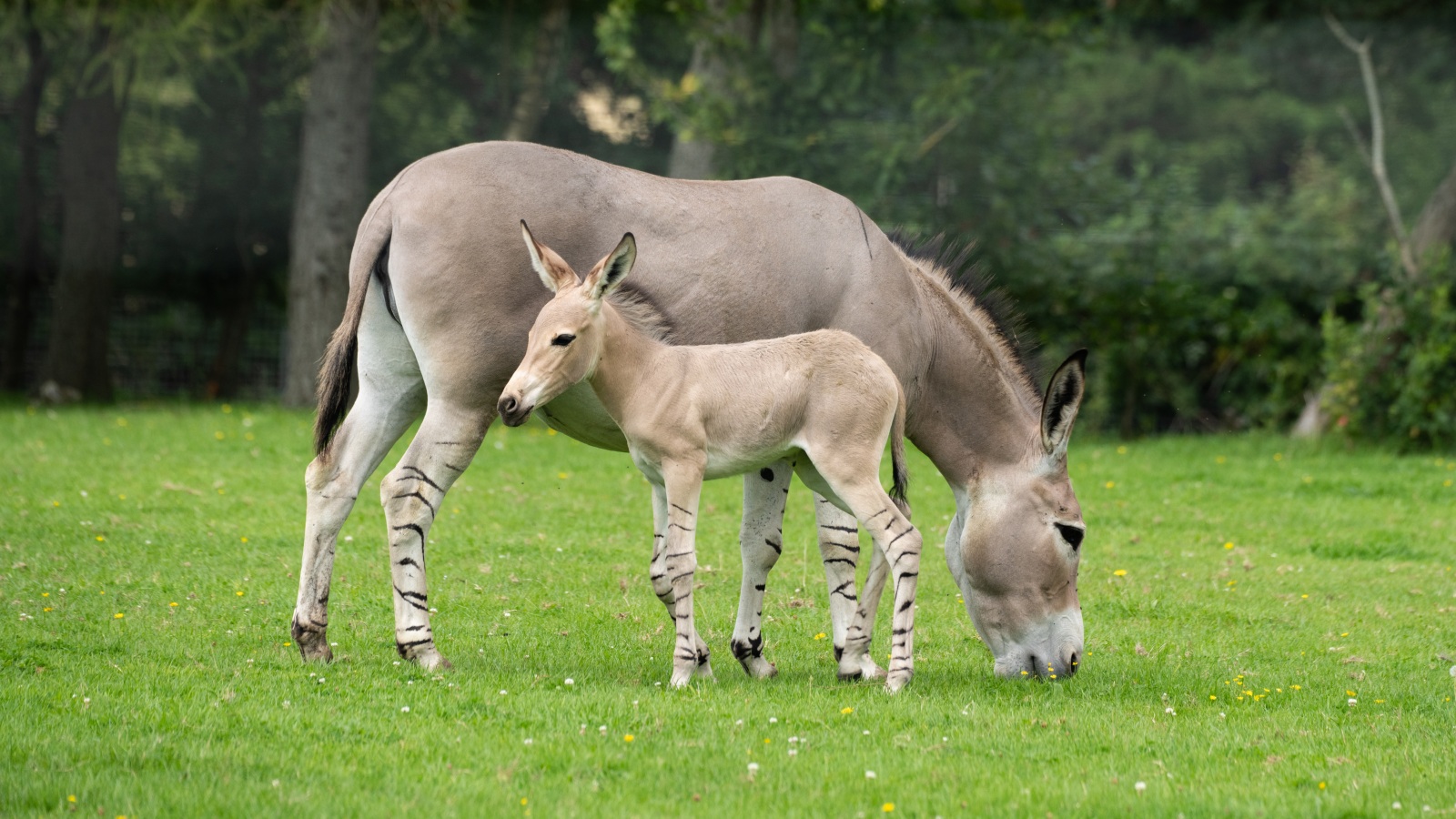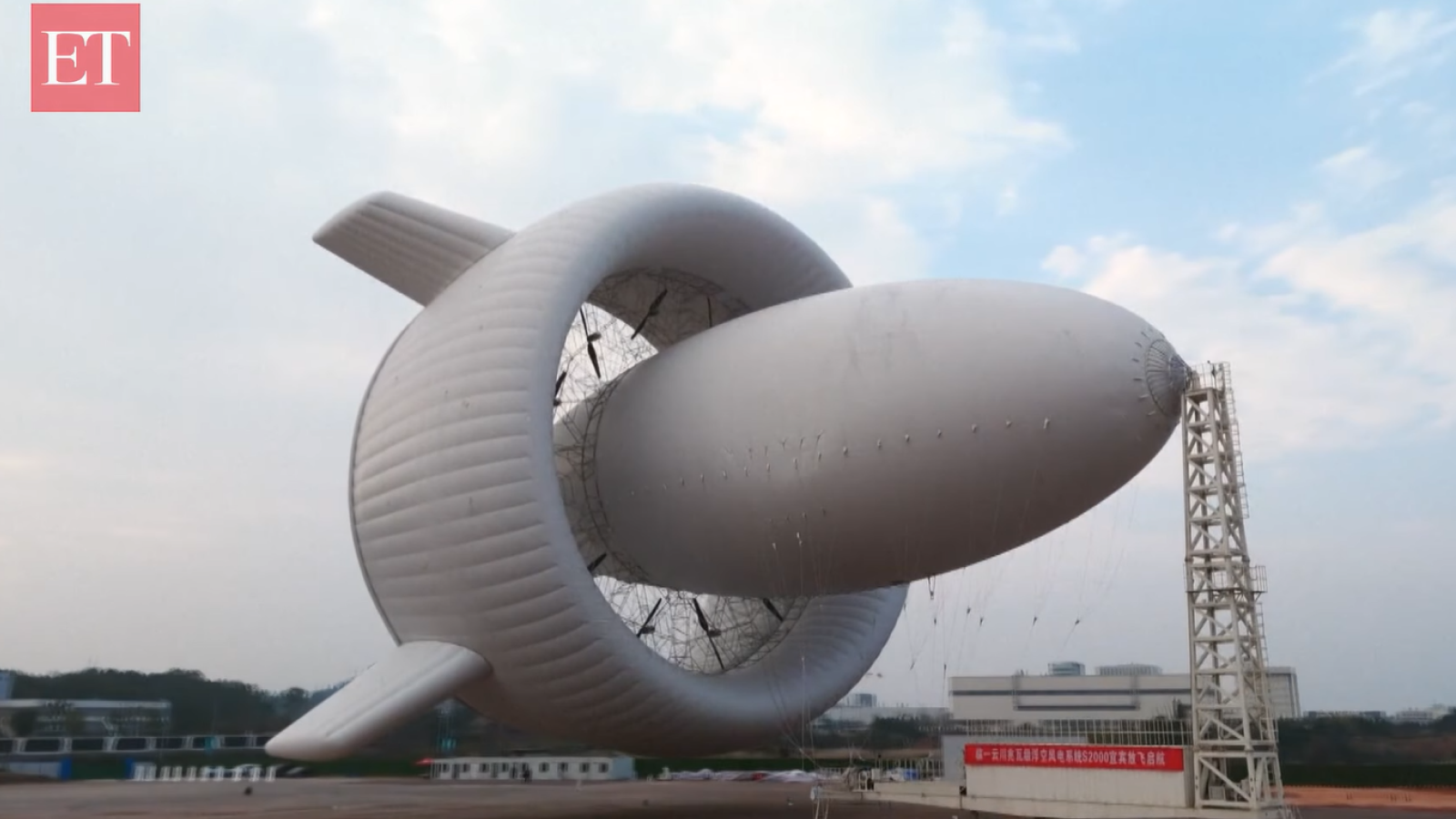Critically endangered donkey with stripy 'zebra legs' born in UK zoo
An African wild ass, one of the most endangered animals on the planet, was recently born at a U.K. zoo and is already doing "zoomies" around its enclosure.
Get the world’s most fascinating discoveries delivered straight to your inbox.
You are now subscribed
Your newsletter sign-up was successful
Want to add more newsletters?

Delivered Daily
Daily Newsletter
Sign up for the latest discoveries, groundbreaking research and fascinating breakthroughs that impact you and the wider world direct to your inbox.

Once a week
Life's Little Mysteries
Feed your curiosity with an exclusive mystery every week, solved with science and delivered direct to your inbox before it's seen anywhere else.

Once a week
How It Works
Sign up to our free science & technology newsletter for your weekly fix of fascinating articles, quick quizzes, amazing images, and more

Delivered daily
Space.com Newsletter
Breaking space news, the latest updates on rocket launches, skywatching events and more!

Once a month
Watch This Space
Sign up to our monthly entertainment newsletter to keep up with all our coverage of the latest sci-fi and space movies, tv shows, games and books.

Once a week
Night Sky This Week
Discover this week's must-see night sky events, moon phases, and stunning astrophotos. Sign up for our skywatching newsletter and explore the universe with us!
Join the club
Get full access to premium articles, exclusive features and a growing list of member rewards.
One of the world's most endangered animals, an African wild ass — which looks like a donkey with zebra legs — has been born at a zoo in the U.K., raising hopes for its species' continued survival.
African wild asses (Equus africanus) are a species of donkey native to Eritrea, Ethiopia and Somalia. The wild donkeys have light gray coats, with a single black stripe along their spines and horizontal stripes on their legs, similar to the markings on a zebra.
African wild asses are listed as critically endangered by the International Union for Conservation of Nature (IUCN) Red List of Threatened Species. Experts believe there are fewer than 200 individuals left in the wild.
The new, unnamed male, or jack, was born Aug. 20 at Marwell Zoo in Hampshire, England. The foal, which zookeepers describe as having "gangly legs" and "floppy ears," currently shares an enclosure with its mother Nadifa, according to a statement from the zoo. As with most other equine species, the foal was up on its feet shortly after being born and took no time at all to get up to full speed.
Related: 'World's rarest' giraffe born without spots at Tennessee zoo
"The foal has already been seen doing 'zoomies' around the paddock and is looking nice and healthy," Darren Ives, a senior animal keeper at Marwell Zoo, said in the statement. The neighboring Addax (Addax nasomaculatus), a critically endangered species of antelope, seemed to take a particular interest in the energetic foal and spent lots of time watching him run around from their enclosure through their adjoining fence, Ives said.
The foal's father, Lars, has been temporarily moved from the enclosure to allow the foal and Nadifa to bond. In the wild, the relationship between a foal and its mother is extremely important to the offspring's chances of survival and well-being. As a result, the keepers are keen to encourage a similar bond between the two in captivity.
Get the world’s most fascinating discoveries delivered straight to your inbox.
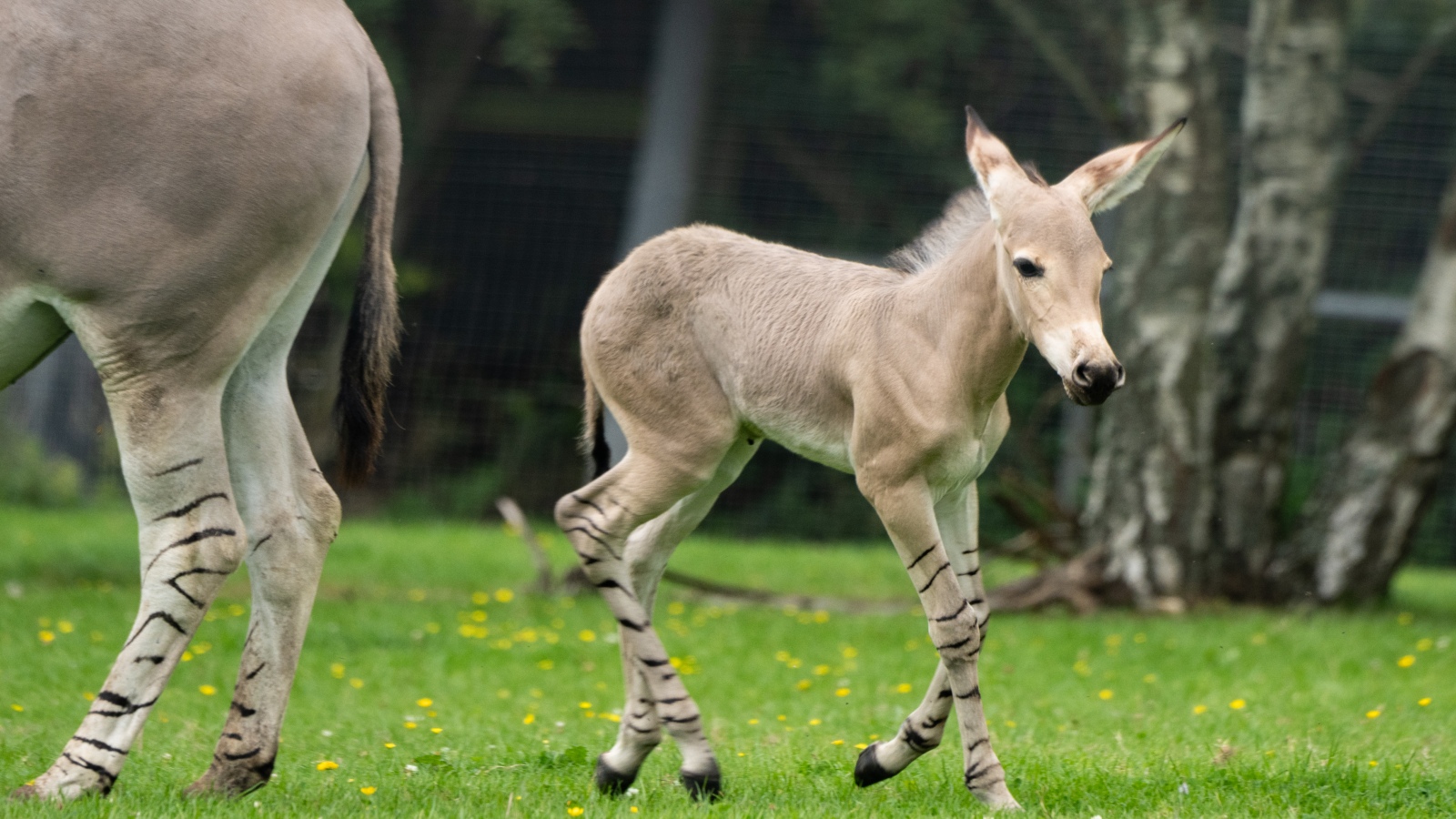
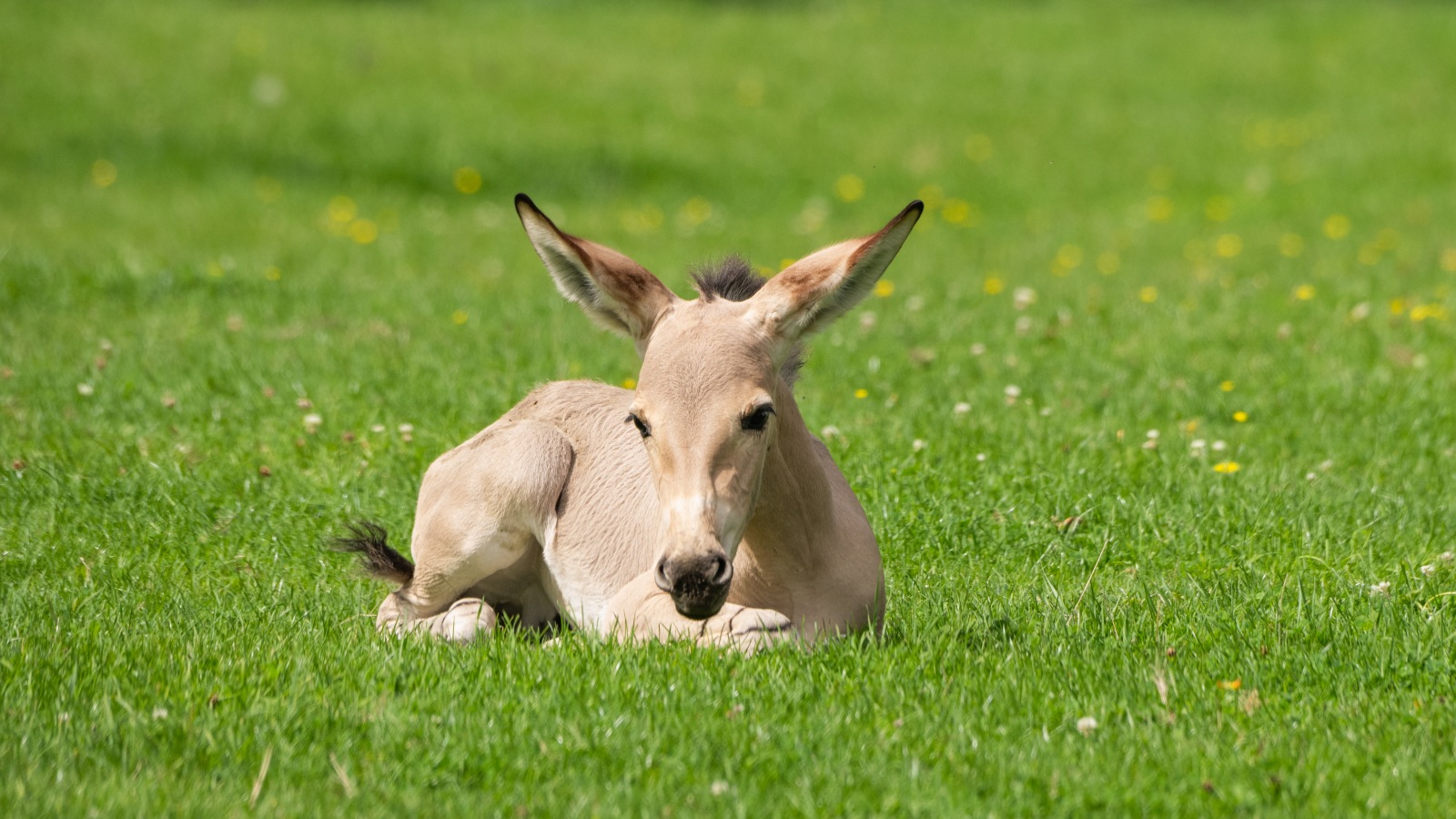
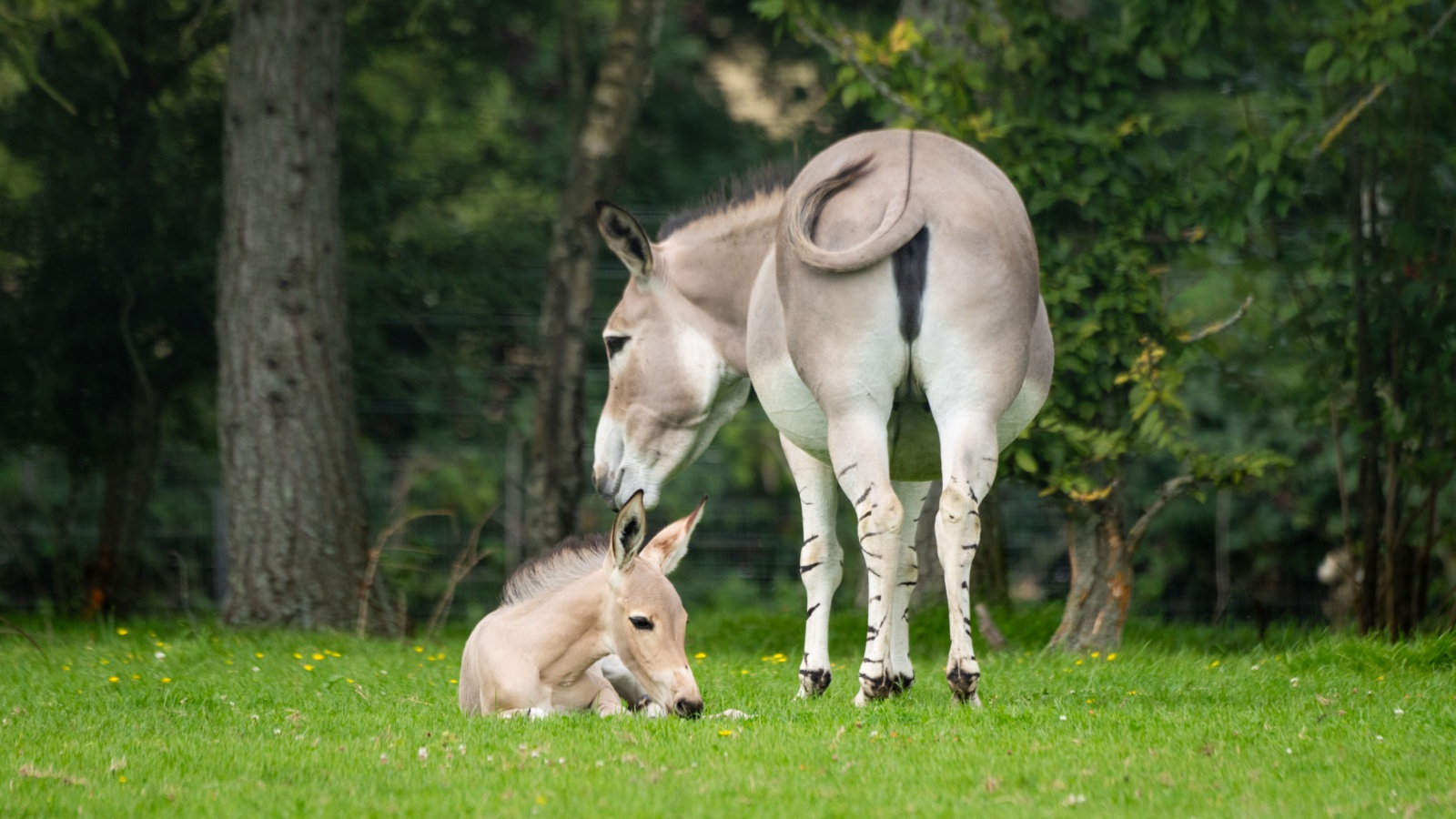
In the wild, African wild asses live in groups, or coffles, of five or fewer individuals.
The foal is Nadifa's third offspring, while Lars became a father for the fifth time. Nadifa was born at Marwell Zoo in 2007 to parents who had been at the zoo since 1993. The asses' keepers are "very proud" of their multi-generational breeding program, which has become increasingly important as wild populations decline due to historic hunting and competition for resources with livestock.

Harry is a U.K.-based senior staff writer at Live Science. He studied marine biology at the University of Exeter before training to become a journalist. He covers a wide range of topics including space exploration, planetary science, space weather, climate change, animal behavior and paleontology. His recent work on the solar maximum won "best space submission" at the 2024 Aerospace Media Awards and was shortlisted in the "top scoop" category at the NCTJ Awards for Excellence in 2023. He also writes Live Science's weekly Earth from space series.
 Live Science Plus
Live Science Plus










